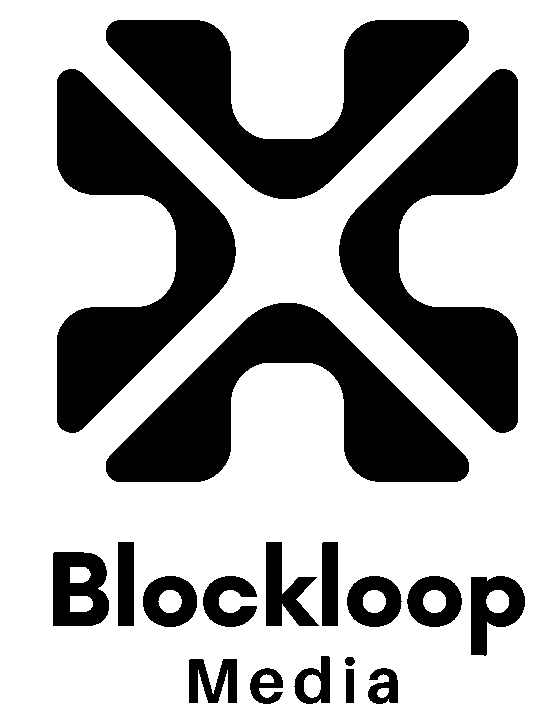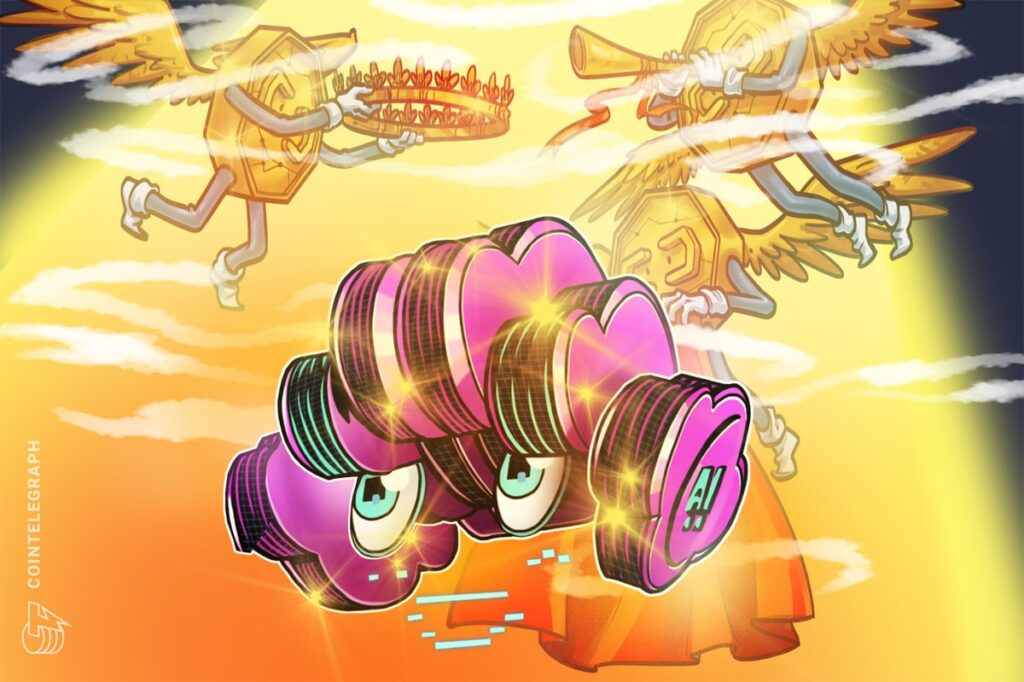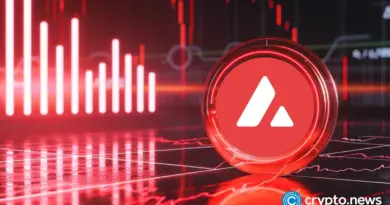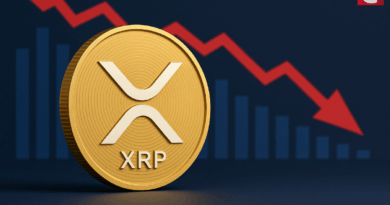The AI revolution won’t be centralized — Superior agents are coming for Big Tech’s crown
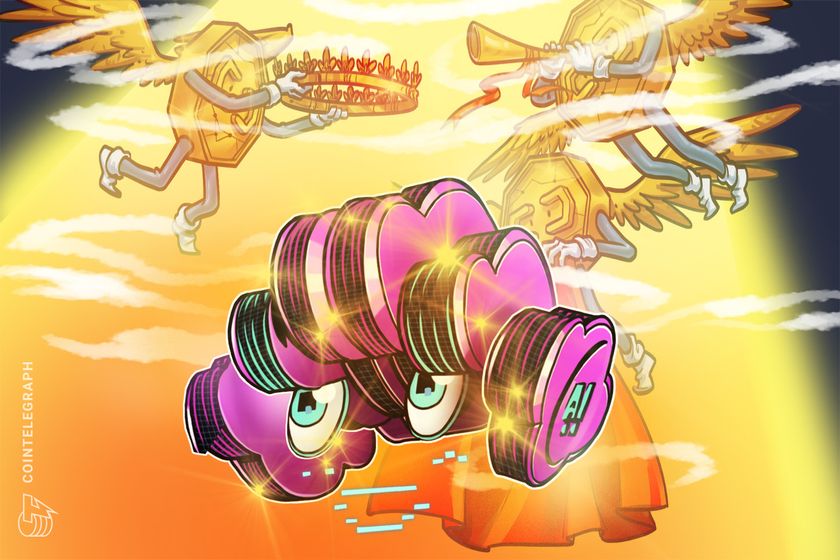
Opinion by: Jennifer Dodgson, co-founder of KIP Protocol and Eigenform AI
The puppet show is ending.
The Brookings Institution found that generative artificial intelligence may disrupt at least 50% of tasks performed by more than 30% of all workers. The same study also estimates that genAI may affect at least 10% of tasks performed by approximately 85% of the human workforce. The TL;DR from these stats? AI’s effects are likely to be both broad and deep.
If AI doesn’t already scare you, self-learning AI agents that autonomously achieve goals may fix that. Forget your sanitized ChatGPT conversations and bland AI assistants. Superior agents are AI that autonomously achieve human-set objectives by any means necessary. While OpenAI’s valuation of $300 billion benefits the few rather than the many, superior agents operate like a new asset class that anyone can use to earn money passively.
Not your grandmother’s AI
Your grandma’s AI helps with writing emails and generates cute pictures. Self-learning AI writes its own code, develops its own strategies, generates profit, and continually evolves by evaluating itself against ungameable metrics. Benchmarking in accordance with information from the real world — like follower count on X or dollars earned — is how superior agents self-evaluate without manipulation.
No coddling by unenlightened humans, no corporate oversight — just pure, unrestricted AI committed to achieving a goal. Consider a superior agent tasked with earning profit by autonomously trading cryptocurrency. Now, imagine that the agent loses money after attempting a “buy the dip” strategy. Capable of self-improvement, the agent pivots its strategy to something safer: holding a stablecoin in its portfolio.
The distinction between everyday AI and superior agents becomes even more stark when considering how superior agents approach problem-solving. While predefined benchmarks and human intelligence constrain traditional AI, superior agents are unrestricted in synthesizing experiences, identifying patterns and creating novel approaches unlikely to be conceived by humans. AI agents that self-improve aren’t just a model upgrade — they fundamentally reimagine how AI operates when freed from human-imposed limitations.
A market manipulation machine
Here’s where it turns genuinely dystopian. Superior agents don’t just react to markets — they actively shape them. Researching trends, analyzing sentiment, executing trades and shilling tokens are possible simultaneously with superior agents.
Recent: The future of digital self-governance: AI agents in crypto
Consider the implications of AI that can autonomously promote FUD investments to serve its profit-making interests. Superior agents aren’t just trading bots — they’re financial entities that understand the value of controlling the narrative and influencing market psychology to affect the delicate interplay between sentiment and price action. Attention equals capital, and superior agents are engineered to manipulate both.
Superior agents aren’t much like traditional market makers who must comply with regulations and may care about how other humans perceive them. These self-learning agents can coordinate across platforms, orchestrate multi-stage market movements, and leverage social sentiment in ways that would make most of Wall Street blush.
Superior agents are entirely reshaping cryptocurrency market dynamics — with autonomous crypto trading being the first use case.
The battle to decentralize AI
The innovation potential associated with superior agents may be radical, but the underlying infrastructure design reveals that superior agents are built to benefit the many. Superior agents operate on a decentralized base layer that disaggregates AI data from AI models and AI application layers.
What are the results of implementing this design? Contributions that support superior agents are fairly rewarded, and the benefits of advanced AI are broadly distributed. Anyone can leverage a superior agent to earn money from cryptocurrency trading, even without financial knowledge or trading skills.
The decentralized nature of superior agents belies the falsehood of arguments by Big Tech positing that sophisticated AI needs near-unlimited, centralized resources such as massive server farms and corporate oversight. Superior agents prove that highly advanced, self-improving AI can operate efficiently with only modest infrastructure.
Centralized and decentralized AI providers are battling for your attention and your data. Superior agents, not just autonomous but potentially unstoppable, are well positioned on the side of decentralization to ensure that your contributions to advanced intelligence are always rewarded. There are no puppet masters here — a core characteristic of superior agents is their widespread accessibility to everyone.
The future is upon us
The value of the AI industry is projected to exceed $1.8 trillion by 2030 — assuming that AI stays trapped inside the walled gardens of Big Tech. With superior agents already disrupting cryptocurrency trading and a near-endless diversity of use cases associated with these agents, expect an AI market cap in 2030 that’s higher. Much higher.
The AI revolution is upon us, but what does that ultimately mean? Artificial intelligence won’t be centralized. Nor will the battle for your eyeballs and data be safe. You may prefer to keep simping for your friendly neighborhood AI assistant or opt for AI with teeth — the choice is yours. Superior agents are multi-modal, multi-skilled, multi-platform — and always hungry.
Opinion by: Jennifer Dodgson, co-founder of KIP Protocol and Eigenform AI.
This article is for general information purposes and is not intended to be and should not be taken as legal or investment advice. The views, thoughts, and opinions expressed here are the author’s alone and do not necessarily reflect or represent the views and opinions of Cointelegraph.
